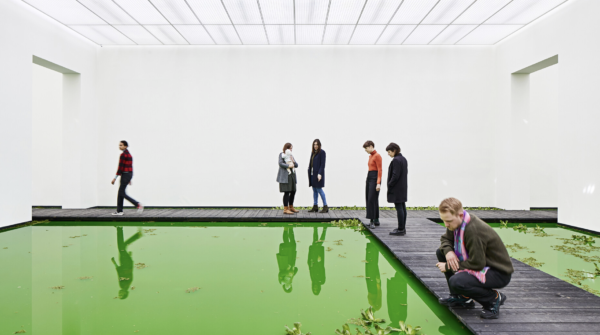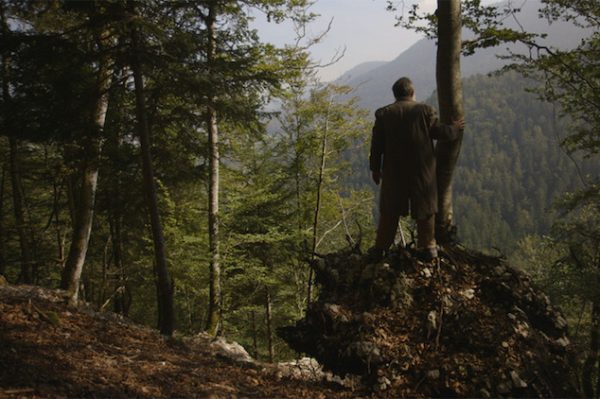
Where to Land – Le rapport
Une feuille de route de route ambitieuse, urgente et nécessaire.

» The publication of this work may come to the regular reader of the Cultura21 eBooks series as a surprise, at first sight. In her work, the author engages in a typical art-sociological inquiry into the causes of, and some possible solutions to, the crisis of an art form which is at risk of losing its audience base : classical music. To the reader who is especially interested in how culture and the arts may contribute to a civilizational transformation towards a more sustainable future, the question of the survival of a form of elitist “high art” may seem trivial or off-topic.
However, I would like to suggest that this is not the case, for a 9number of reasons:
Firstly, the rich tradition of classical music in Europe belongs to our cultural heritage, and the survival of this cultural heritage constitutes one aspect of the cultural dimension of sustainability. A society caring for its cultural diversity and cultural vitality cannot just look away, while one major area of live musical practice is at risk of falling into irrelevance, because of its relative non-attractiveness to a large part of the population. (Note that the “relative non-attractiveness” argument, as discussed in this volume, applies to traditional formats of live classical music, and not to recorded classical music.)
Secondly, this work illustrates the question of what cultural sustainability means for the production and consumption of culture – and more generally for cultural practices. Cultural sustainability is neither the denial of social change and social transformations under a conservative mindset, nor the uncritical acceptance of any social change or social transformation under the guise of ‘progress’.
Therefore, the safeguarding of cultural diversity and of living, intangible cultural heritage should not mean the inflexible conservation of frozen cultural and artistic practices. Rather, it should mean the preservation of the resilience of such cultural and artistic practices, allowing them to stay relevant in contemporary cultures and to evolve within co-evolving social, (inter-)cultural, political, economic and ecological contexts.
With these two arguments in mind, it becomes apparent that the work conducted by Malene Hill on “Klassik im Club” is highly relevant to the contemporary question of cultural sustainability in the European context. »
Avant-propos de l’ouvrage écrit par le Dr. Sacha Kagan
Télécharger l’ouvrage (en allemand) sur www.magazin.cultura21.de
Une feuille de route de route ambitieuse, urgente et nécessaire.
Depuis une cinquantaine d'années, les artistes s'intéressent de plus en plus à la Nature : ils cherchent à alerter nos…
Naturalis Historia est un projet de Pauline Julier faisant appel aux arts et aux sciences, pour retracer l'histoire de la…

